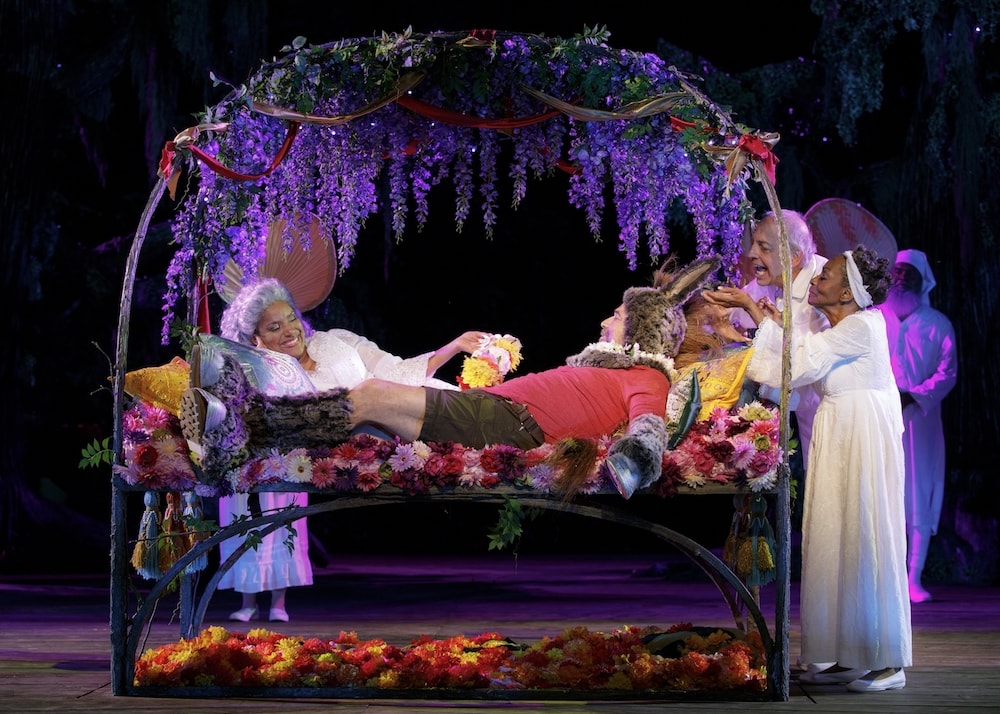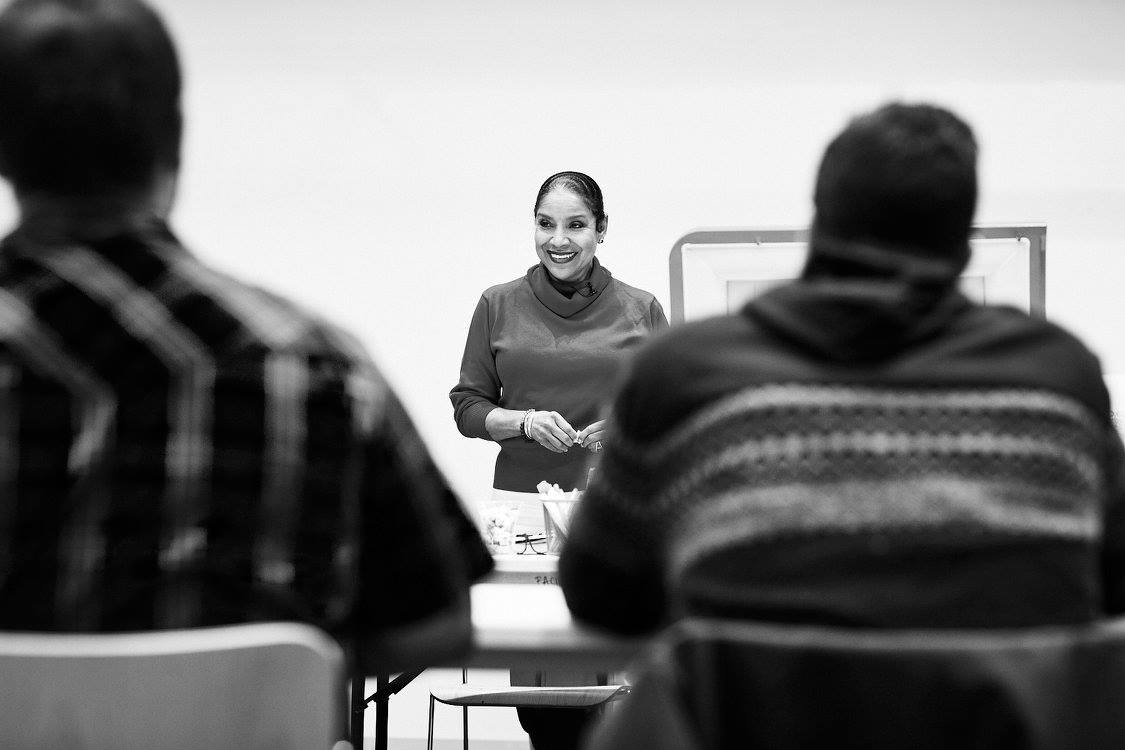Phylicia Rashad, best known as an actor (including a Tony-winning turn in A Raisin in the Sun), is bulking up her directing résumé. She’s next helming Stephen Adly Guirgis’s Our Lady of 121st Street at New York City’s Signature Theatre (May 1-June 10) and Jen Silverman’s The Roommate at the Steppenwolf Theatre Company in Chicago (June 21-Aug. 6).
DIEP TRAN: You haven’t worked with Guirgis or Silverman before. Why did you choose these plays?
PHYLICIA RASHAD: That’s attractive to me—something I haven’t done, a playwright that I haven’t worked with. I just really love the work, and it just makes me happy to do it. And then when I get over being tired, I’m happy again. They’re very good plays. If I didn’t think they were good plays, trust me, I would just say, “No, thank you,” and move on.
How would you characterize your style as a director?
You’d have to talk to actors, I don’t know. I get inspired by connections—subtle connections within the text to the emotional life of the character, to the unfolding of the story itself. Those are what I call the sinews of thought and emotion. And I get very excited about that, and I get very, very happy about finding those things. I read the play every day before entering into rehearsal, but it’s always what you don’t know that’s most exciting.
What is your process for finding the core of a play?
The truth is, I just read the text and I allow it to present itself to me. And then when it presents itself to me, I may ask why. Let’s take this example: In Our Lady of 121st Street, the character Father Lux comes in and reveals something about himself that one wouldn’t expect. And then I have to ask myself, “Why?” And I’ll just pose that question, and I won’t go around trying to make up stuff. I’ll just ask the question and allow the answer to come. And then comes the question, “That’s what I see—what will the actor see?” Because I’m always very interested in what the actor sees, being an actor myself. That’s very important. There’s some people who like to impose their insights and thoughts on actors. And to a certain extent, direction will do that. But not all of it should be that. Because if the actor can’t own it for his or her own self, it becomes empty. It’s not alive. It becomes alive when the actor can own it.
What has being a director taught you about acting?
There are two things I discovered as a director. I would see it in actors, and then I would think, “Oh, did I do that? Have I done that? Most likely I have. I don’t wanna do that anymore.” Those are two great obstacles for actors: One is wanting to be liked, and the other is imagining that one has to do something for the audience to get it. So when I work as an actor, I really love to trust the director, because working as a director, I know I see things that the actor can’t see. The most brilliant actor can’t see the picture. This is the way I say it: The picture cannot see itself.
Would you ever direct yourself?
Child, no! [Laughs] I would never be that arrogant. Ooh, praise the Lord, no, no, no, no. Somebody else has got to be keeping watch! I really learn a lot from the directors that I work with. That’s what happens when an actor can open oneself to receiving direction and actually taking it. Sometimes even if I don’t get it right away, I still wanna follow it, because I know just as long as I do, I’ll understand it. It’s called trust. And it is a critical factor.

What’s the secret to a long life in the theatre?
George C. Wolfe said, “She who holds her breath the longest will survive.” You just have to be willing to be in it all the way. One of the most incredible artists I know is Vinie Burrows. She won’t mind me saying this—I think she’s about 93 years old. And she was Peaseblossom in this past summer’s production of A Midsummer Night’s Dream in the park. When I came to New York, Vinie Burrows was a name I heard all the time; she was always creating work for herself, never waiting for somebody to come with a production. She was in the trenches. And she’s still performing. She is an inspiration. This lady, she’s like fire.
This is the thing about artists. Artists don’t retire. Never. It’s to the end, girl. It’s to the end. Geoffrey Holder said, “Darling, theatre artists never die. We just go on tour.”
If you could go back in time and see one production, what would it be?
I would go back in time to see once again Wedding Band with Ruby Dee at the Public Theater [by Alice Childress, 1972]. That was a very moving piece for me, and Ruby Dee was magic onstage. I saw this woman stand centerstage, in full light, and disappear. She appeared to disappear because she was so focused on the action in the scene that my eye went to what she was looking at. That is something that lives with me still.




